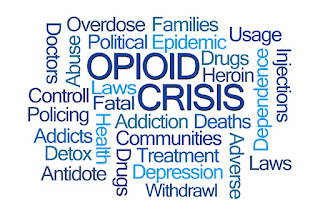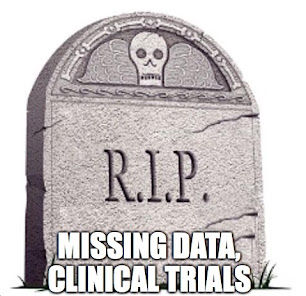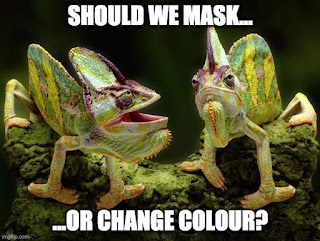A tête-à-tête with a US Pharmacist and author Peter Barski

Kruti: You and I have both written about the opioid crisis in our novels. Being a US-based pharmacist and having seen the catastrophe up-close, why do you think the government of such a tightly regulated country was so blind-sided in detecting an oncoming drug disaster? Peter: In my opinion the government really did not think there was an epidemic until it was too late. These drug companies (Purdue for example) were all abiding by government regulations and laws, so there was no pursuit by the DEA [1] or FBI in the early stages of the problem. They marketed their products to doctors who in turn began writing prescriptions for these opioids. Once some unscrupulous doctors began noticing a niche market for these drugs and an abundant demand for them, they opened up what became known as "pill mills." In these "pain clinics" doctors would charge their clients $200 cash co-pays and then referred them to pharmacies that would fill their pre...


